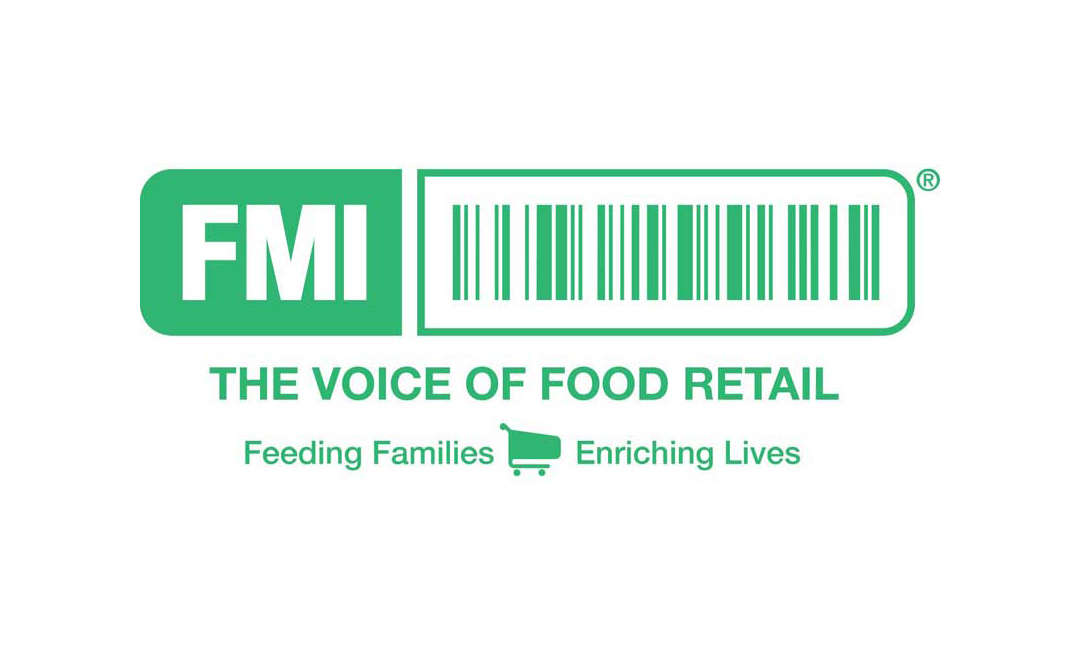In a 5-4 decision in the case of South Dakota v. Wayfair, the Supreme Court has voted to overturn a 1992 ruling (Quill Corp. v. North Dakota) that prevented states from collecting sales tax on remote transactions unless the taxed company has a physical presence in the state. Quill was handed down in the days when the internet was in its infancy and restricted the ability of states to create tax regimes that reflect the state of commerce in 2018, costing them billions in sales tax revenue annually.
“Quill established two different sets of rules governing the collection of sales taxes that left traditional retailers badly disadvantaged against their online peers. Today’s ruling sets the stage for states to begin leveling the playing field for brick-and-mortar retailers by treating online transactions in the same way they treat in-person ones,” said Andrew Harig, Food Marketing Institute (FMI) senior director of tax, trade and sustainability, in a June 21 news release. “The Supreme Court’s decision is an important victory for FMI members and puts us on a path that will allow for the creation of a balanced, consumer-driven and competitive marketplace. We look forward to working with the states and Congress as they seek to outline the terms under which states can collect these taxes.”
FMI advocates on behalf of the food retail industry, which employs nearly 5 million workers and represents a combined annual sales volume of almost $800 billion. FMI member companies operate nearly 33,000 retail food stores and 12,000 pharmacies. Through programs in public affairs, food safety, research, education, health and wellness and industry relations, FMI offers resources and benefits to almost 1,000 food retail and wholesale member companies and serves 85 international retail member companies.
Keep reading:
California Perspective: Relationship-Building Plays Important Role In The Political Process

